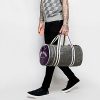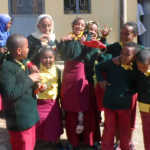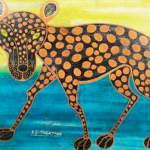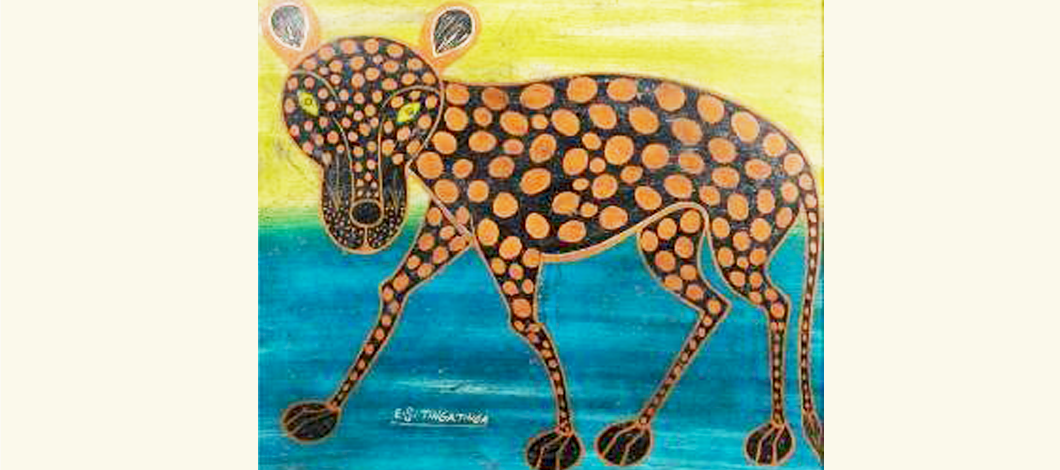
Ethiopian hustler
Addis Ababa is a city hustling.
In the open markets, the messy intersections, the ‘blue donkey’ minivans and in the coffee shops of Ethiopia’s gritty, bulging capital is the effort and enterprise of at least 6 million people.
When I open my gate in the morning and close it at the end of each day, I see a man without legs making leather sandals in a tin shop across the street. Next to him is a tailor; an old fellow pumping the peddle of his antique Singer machine under a makeshift plastic roof – and beside him, a family who sell sweet papaya and fat avocados that taste like cream.
This road, our road, will soon by widened to make a highway to the new UN building – A shining silver tower that reminds me of Sukarno’s monument in Jakarta; the one locals call ‘the Emperor’s last erection.’
The tin shops and Italian-era mud homes along it will be bulldozed to make way for more cars and diplomats. The gleaming Chinese light train – the first in East Africa – is now humming past the top of the hill and this will be the new centre, we’re told. The stray dogs and the merchants will have to hustle elsewhere.
They’ll be compensated for metal and mud walls but not for the soil, their customers or history. Ethiopia is rising; sandals and nostalgia do little for progress.
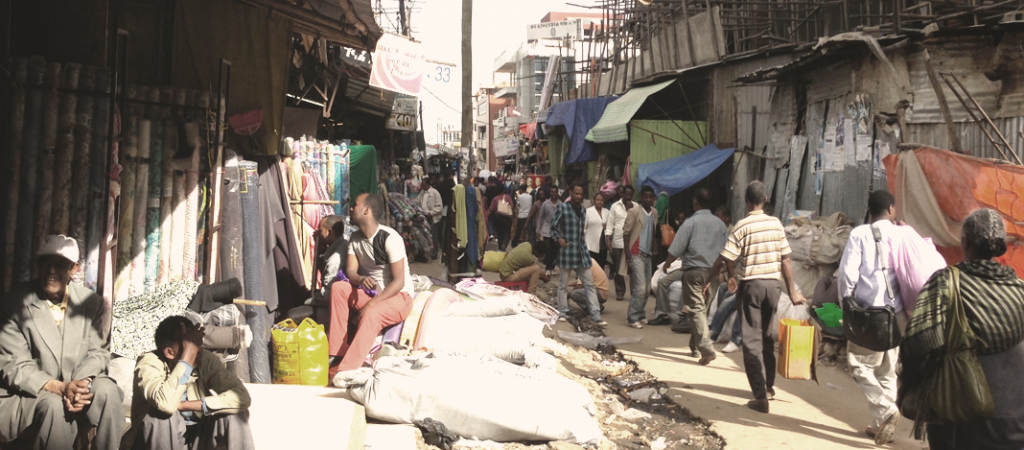
The United Nations ranks Ethiopia among the 25 ‘top moving’ countries in the world due to gains in health and education since the seventies. It is one of the fastest growing economies in Africa, accelerating at an (official) rate of 10 per cent a year. The country has one of the biggest wind farms on the continent; is damming the River Nile and and building four hydroelectric dams. It was recently named by The European Council on Tourism and Trade as the best tourist destination in the world.
Ethiopia is changing but, of course, not everyone is cashing in.
It is still one of the largest recipients of foreign aid, with 25-30 per cent of the population living below the poverty line. When the lights in our street go out each week and the water stops bubbling through the taps, people joke that it’s because we’re exporting electricity to our neighbors in Sudan and Kenya … or that it’s a prudent feature of Ethiopia’s new ‘green economy’ ambitions.
In spite of its energy, days in the city are often bloated with postponed appointments and unpaid services, cash favours and unfinished roads; flat tyres and vegetables, spoiled by exhaust fumes, rotting in the market sun. They’re frustrated by billboards urging people to ‘pay your tax today for a better tomorrow’ and by those behind glass offices who’ll tell you to ‘come back tomorrow’ as if it will always come.
For so many in the city, tomorrow isn’t a given. For the street boys sniffing glue at car windows in the main square, who have already lost their homes to the company of homeless dogs and benzin, tomorrow has already been taken away. For most girls in primary school, a good tomorrow is fought hard and never promised. For the shoemaker, tomorrow is ‘rolling with the punches.’
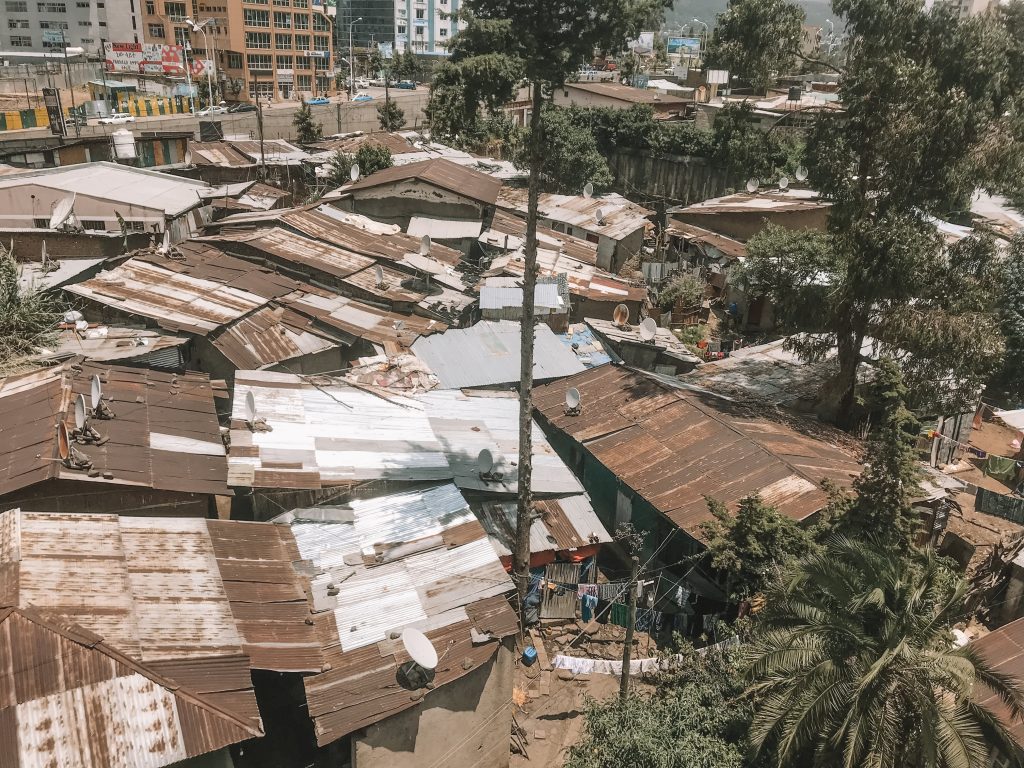

Life in Addis is a tug of war between the old world and the new, between various ethnic groups – but mostly, between the rich and the poor. Dilapidated 60-year-old Italian buildings in Piassa or the grand old Djibouti to Addis train station compete with Dubai-style aluminum towers, world brand hotels and concrete spaces that are providing for a new breed of young skateboarders but robbing the ambitions of young footballers. The shanties are being moved for castles and it’s called a renaissance.
So far, the city seems to have held onto a social spirit and deep respect for the old traditions. Addis Ababans have a cheerful affection for their neighbours, children and the elderly – and a sometimes overwhelming hospitality for the outsider.
In a city with no shortage of chickens – but where one egg at the market can cost 5 birr – people survive, it seems, on each other’s shoulders. “We improvise,” my husband says. One neighbor will make extra injera for the woman and her baby next door; money is borrowed from relatives or community banks here and flipped there; men sell whatever they have at Men Aleche Terra, (whatever you have place) on a Sunday street corner. In this way, people seem to get by.
Amidst the bustle and the growth, Addis still smells of coffee, roasted over charcoal with frankincense and popcorn. Of young eucalyptus trees and berbere chiles drying in the sun; of goats and donkeys on the footpaths and diesel from soviet-era taxis on the roads. It smells of incense from the churches, of burning rubbish in the marketplace and woodfire from traditional kitchens.
Walking home from my Amharic class, I pass women squatting over burners, turning corncobs on the coal; workers cutting stone in the day’s last light and small boys with boxes of chewing gum and tissues for sale.
A young guy, in sandals, bounces past me with a cheerful “Peace-new?” (Everything peace?) and I laugh and think I am lucky.
For me today – in this grinding, dusty city under sun and sweat and stone – ‘Peace-new, Selam!’ I wish it were for everyone.
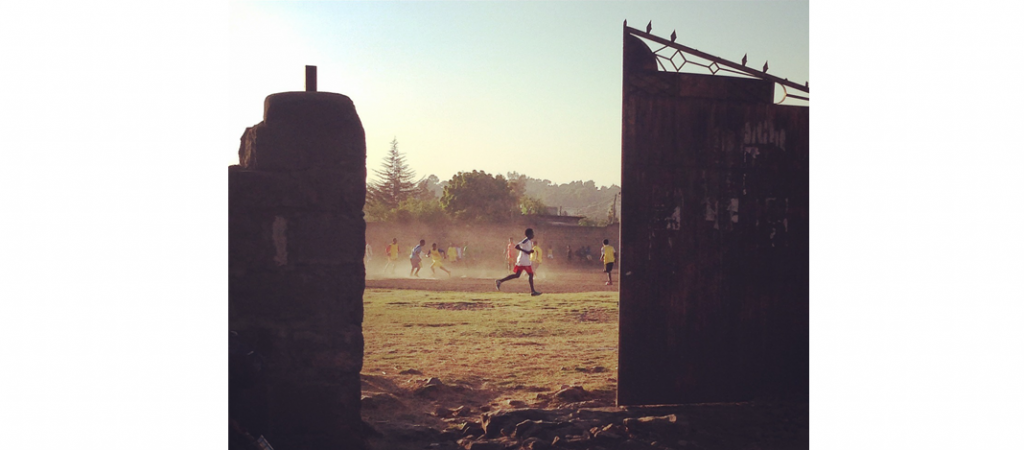
* http://www.worldbank.org/en/topic/poverty/publication/ethiopia-poverty-assessment


